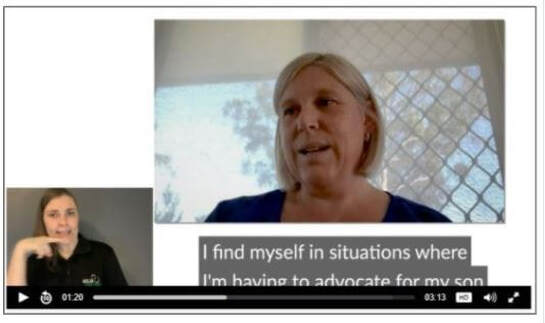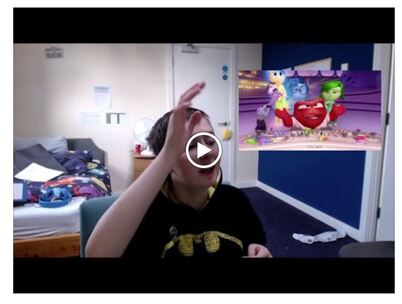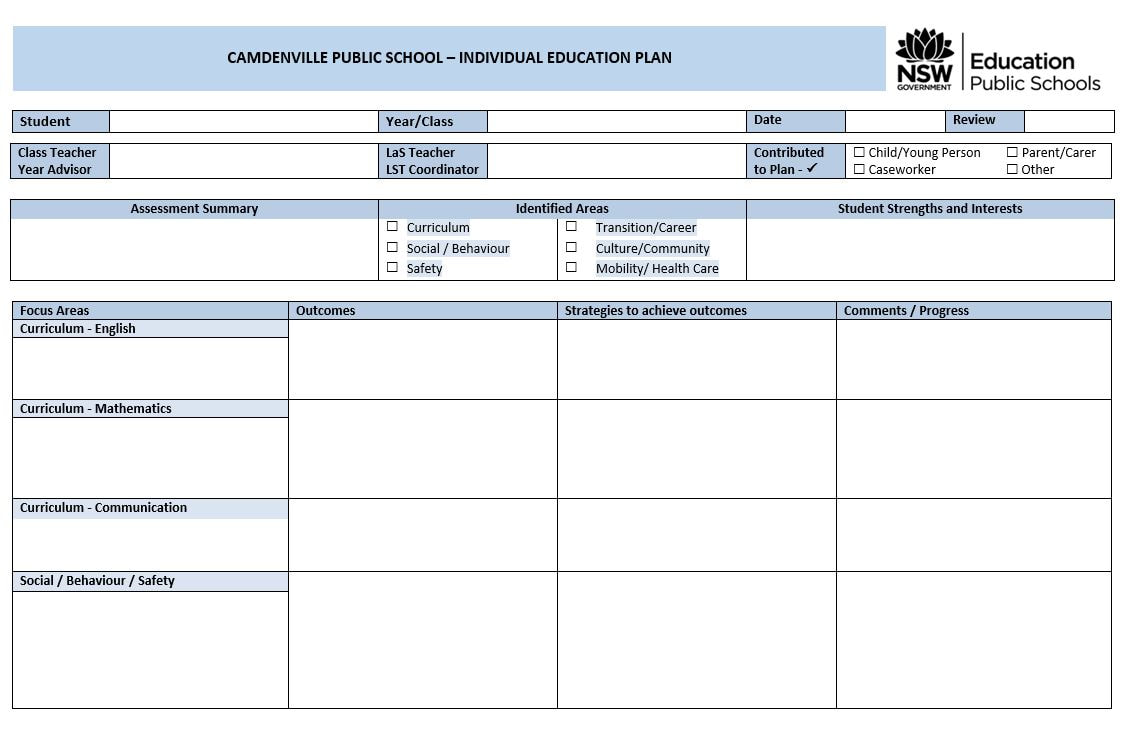Who has an Individual Education Plan (IEP) at Camdenville?
Students who receive Integration Funding Support
Students who have had an IEP recommended by a health professional
Students who require individual adjustments beyond quality differentiated teaching programs
Students who receive Integration Funding Support
Students who have had an IEP recommended by a health professional
Students who require individual adjustments beyond quality differentiated teaching programs
The IEP Process
1. Review and annotate the student's most recent IEP - Are these goals still relevant? Is there updated assessment information to add? Will these strategies continue? Which new goals and strategies could be introduced?
2. Contact the parents/carers to arrange a meeting - inform the parents of the IEP process and that they will have an opportunity to provide input into the goals and adjustments the school will put in place. Extend the invitation to any external support services being accessed by the student and family (e.g. psychologists, Occupational Therapists, Speech Therapists etc).
3. Hold a meeting to discuss the IEP - discuss the student's strengths and interests, progress made towards previous goals, strategies that are currently in place, and suggestions for new goals and strategies - including from parents/carers, the student and health professionals present.
4. Draft the IEP - informed by the above process. Seek input from any Learning and Support Teachers (LaST) or School Learning Support Officers (SLSOs) who may work with the student.
5. Seek feedback - from the parents/carers and from your supervisor. Amend the IEP based on this feedback.
6. Implement and Monitor - a formal review process will take place for all IEPS in Term 3, however it will be necessary to work with the student and parents/carers to adjust goals and strategies throughout the year in response to student progress and changing need.
1. Review and annotate the student's most recent IEP - Are these goals still relevant? Is there updated assessment information to add? Will these strategies continue? Which new goals and strategies could be introduced?
2. Contact the parents/carers to arrange a meeting - inform the parents of the IEP process and that they will have an opportunity to provide input into the goals and adjustments the school will put in place. Extend the invitation to any external support services being accessed by the student and family (e.g. psychologists, Occupational Therapists, Speech Therapists etc).
3. Hold a meeting to discuss the IEP - discuss the student's strengths and interests, progress made towards previous goals, strategies that are currently in place, and suggestions for new goals and strategies - including from parents/carers, the student and health professionals present.
4. Draft the IEP - informed by the above process. Seek input from any Learning and Support Teachers (LaST) or School Learning Support Officers (SLSOs) who may work with the student.
5. Seek feedback - from the parents/carers and from your supervisor. Amend the IEP based on this feedback.
6. Implement and Monitor - a formal review process will take place for all IEPS in Term 3, however it will be necessary to work with the student and parents/carers to adjust goals and strategies throughout the year in response to student progress and changing need.



